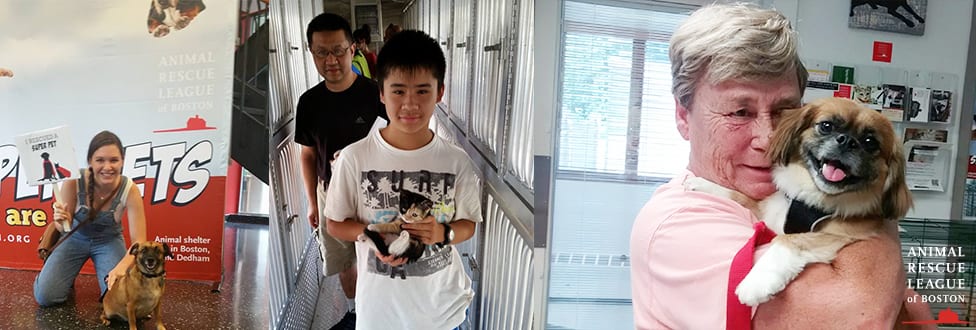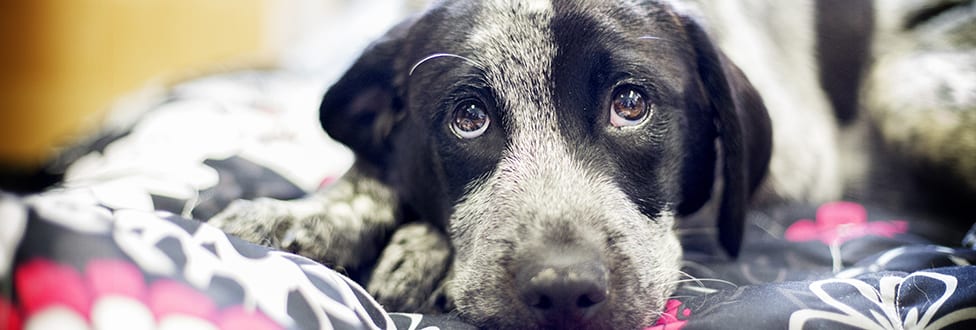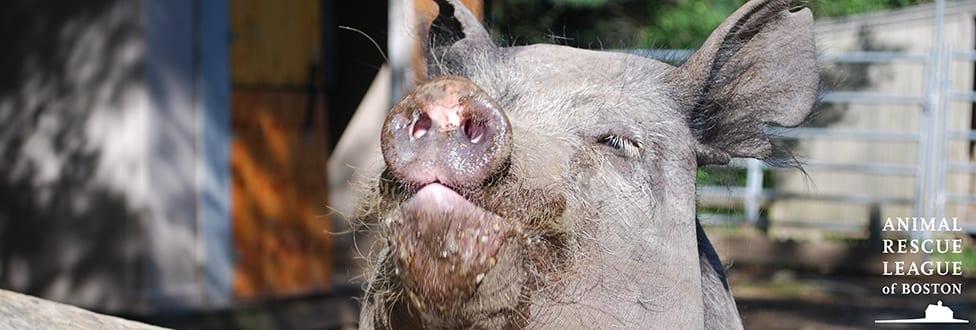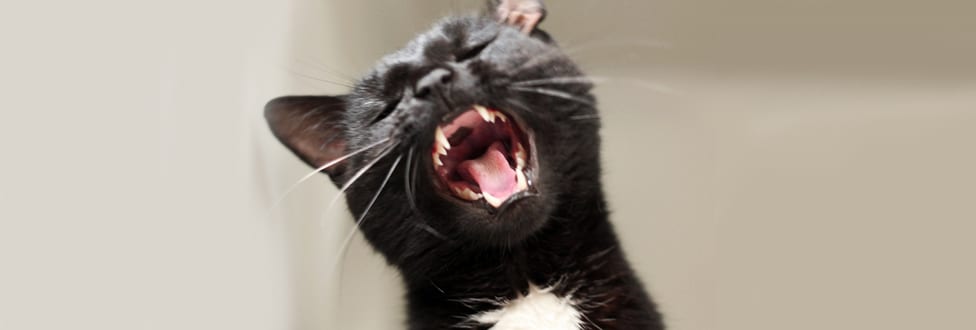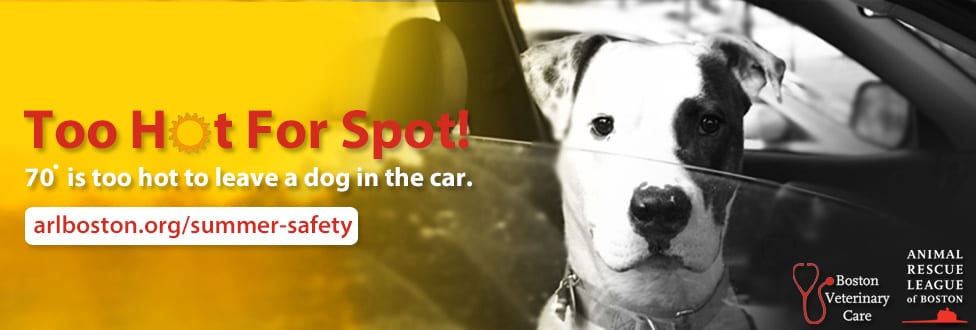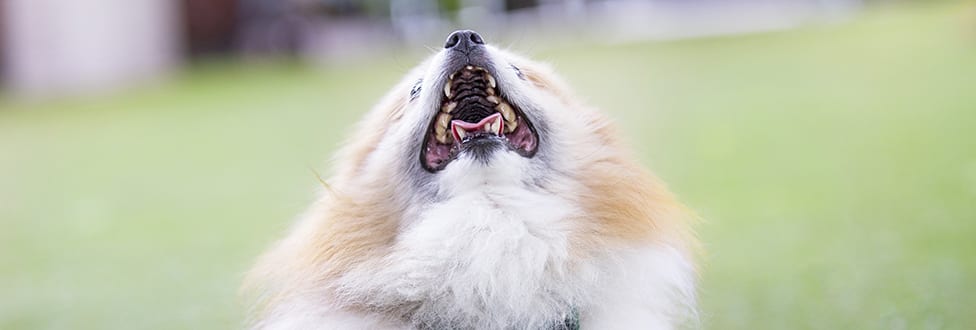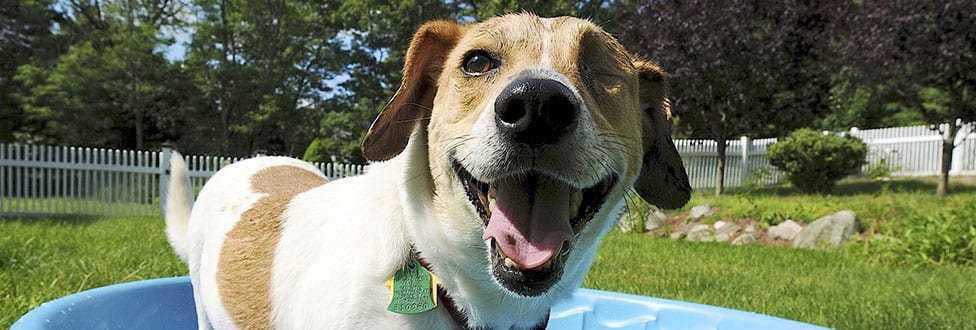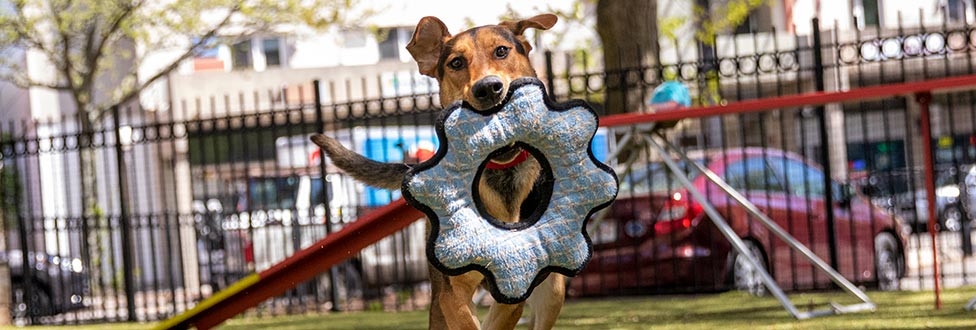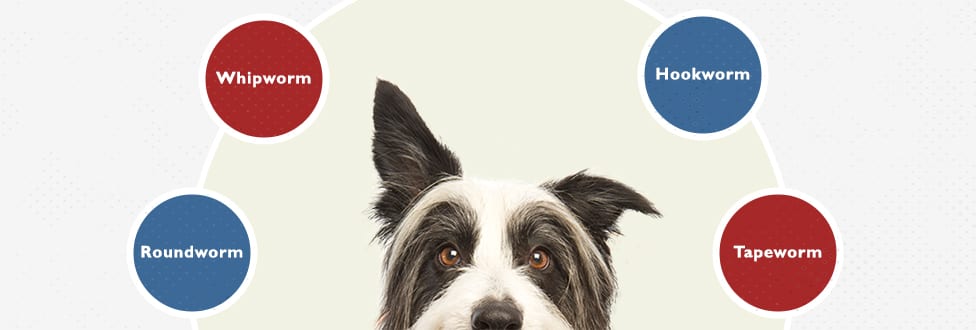41 Super Pets Adopted on Clear the Shelters Day
Thank you for helping ARL’s Super Pets -and shelter animals across the nation- find loving homes this summer!
 On Saturday, August 15, 2015, animal shelters across the country opened their doors for national Clear the Shelters Day– an event dedicated to finding as many animals as possible permanent homes. ARL’s shelters in Boston, Brewster, and Dedham all participated in this one-day event.
On Saturday, August 15, 2015, animal shelters across the country opened their doors for national Clear the Shelters Day– an event dedicated to finding as many animals as possible permanent homes. ARL’s shelters in Boston, Brewster, and Dedham all participated in this one-day event.
Summer is when animal shelters are at their highest capacity, so placing animals with new loving families this time of year becomes even more important.
Thanks to our amazing adopters, generous donors, and those who helped spread the word, YOU gave 41 ARL Super Pets a chance at a better life!
Super Pets like Daisy, Yoshi, Pikachu, Wendy, and Bill (pictured at right with their new family members), found their forever homes during Clear the Shelters Day! Their adopters were overjoyed to bring home their new companions, along with an awesome Super Pet Pack filled with goodies.
Remember: It’s never too late to ADOPT a Super Pet! Search adoptables
THANK YOU to our media partners NBCUniversal, NECN, WBZ, and Clear Channel for spreading the word about the importance of animal adoptions!
…And to the ASPCA for making the Animal Rescue League of Boston a grant recipient for Clear the Shelters Day!

